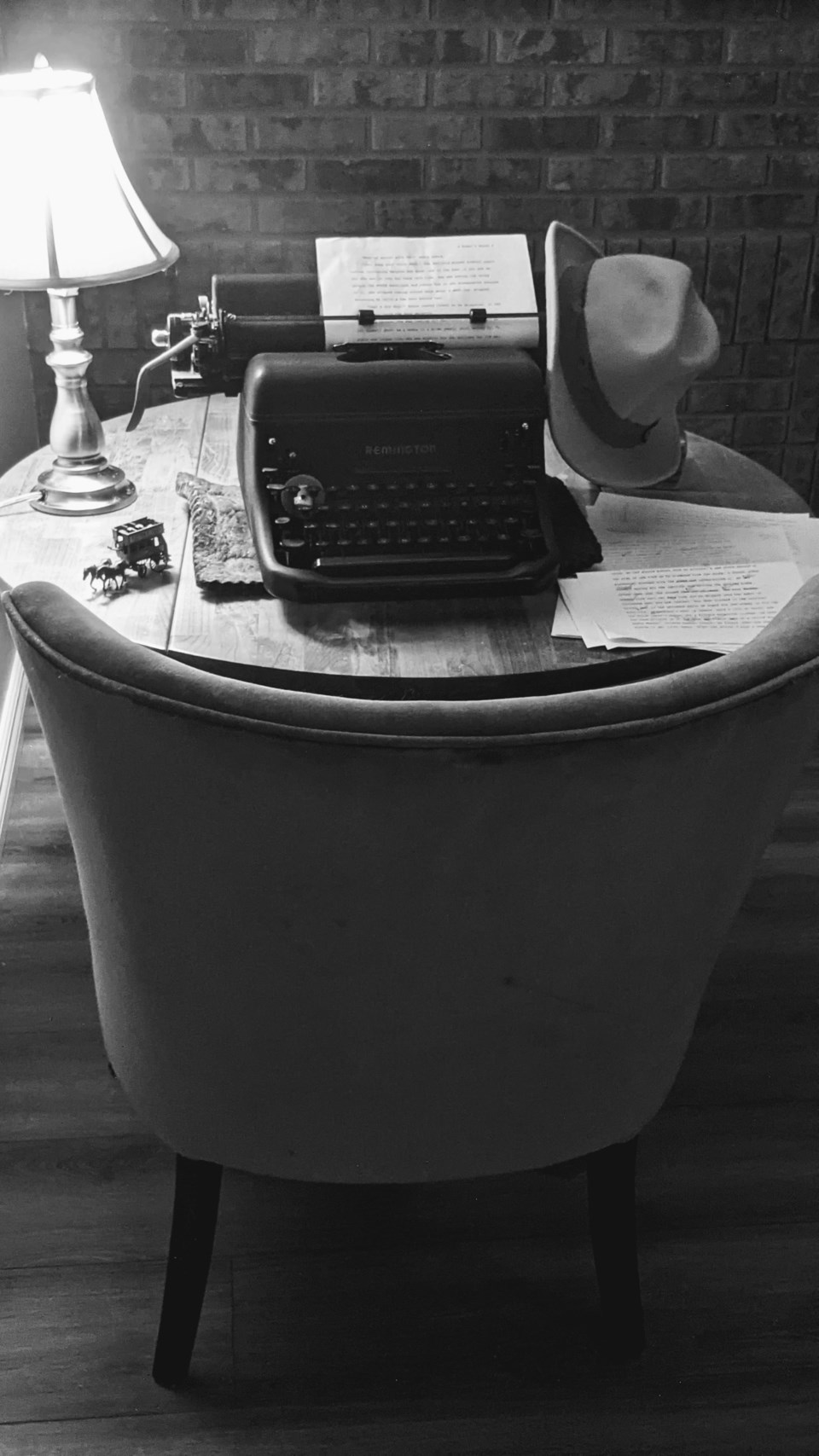I want to make my characters jump off the page. I know many writers who share this desire. Because let’s face it, if you don’t have a memorable, respectable, or even likable character, your reader will lose interest in the story pretty quickly.
This week in Second Saturday Stories I want to focus on an element of writing, rather than the writing itself if you’ll permit me.
One of the biggest hurdles I’ve had to overcome is creating characters that are original without making them seem two-dimensional (read boring). That’s not to say that original characters won’t borrow a few traits depending on the archetypes involved with the genre you are writing in.
What do I mean by this?
Before I give you an example I want to explain the two keywords I mentioned
A genre is a category of writing that stories fall into. They have specific elements that are exclusive to their particular genres such as time period, style, and tone. Think of the genre almost like a road map of rules writers can get away with. Examples of genres are Fantasy, Sci-Fi, Mystery (this writer’s clear favourite), and Horror. Sometimes you can mix these genres to create your story, but that’s a conversation for another time.
For example, if I wanted to write a story involving knights and dragons, chances are I would write in the fantasy genre, rather than sci-fi.
Archetypes are recognizable traits that certain characters have in stories that give audiences hints about the role they play in the story. An archetype can also be described as a set of psychological trappings that characters can fall into when living out a certain role.
Here’s an example: One such archetype is the wise old person/mentor/teacher (think Yoda from star wars…empire strikes back Yoda) The strength of this archetype lies in the knowledge that the character can pass on, however, the weakness is that the mentor can corrupt their student and turn them to their way of thinking without letting the student form their own ideas.
Once you can spot this archetype in movies, television, or your favourite stories it’s easy to see and observe how the mentor affects the student and the storyline. It’s also a fun archetype to write into your own work.
Finally, I want to leave the aspiring writers reading this with an exercise to help flesh out characters they may be working on. It helps to know how your character would act in everyday life so you can deepen their personality and have their reactions to the extraordinary events of your story seem more organic to them.
So try this
Write what happens to your character the day before your story starts. What did their life look like before that first domino fell that led to their journey through your work? Notice I said to write an ordinary day for them but not a boring day for them. Write the decisions they would make but make those decisions true to the personality of your character.
If your character is impulsive then their ordinary life may be a bit chaotic. What does the room they stay in look like, what neighbourhood do they live in, who do they talk to, and what do they choose to wear that day? Do they do anything the day before your story starts that contributes to them ending up in that particular story?
All of these questions and more will help you get a more dimensional character that resonates with readers and is anything but hollow, stale, or (worst of all) already taken.
And hey, if you're impressed with your character and want to share their journey with an audience, feel free to email Mark with the character story, and BayToday would be happy to feature it.
Happy Writing!

